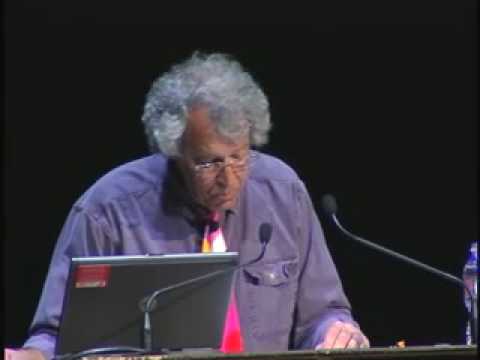The word saṅgha literally just means a group or assemblage: sam (= “co-”) + gha (= “join, come together”).
In the Pali texts it is used, in addition to the familiar Buddhist senses, for herds of deer, flocks of birds, and groups of relatives or gods.
The normal word for a “guild” would be, rather, sabhā. They’re basically synonyms, so there’s no reason Sangha should not be used in that sense, but I am not aware of any such cases. Nor are such uses recorded in the Sanskrit dictionaries.
I doubt whether the word originally meant a professional guild. I’ve heard the argument before, but never seen any convincing evidence for it; if I am missing something, please let me know. But I think it was more likely it was a general term for a group, flock, or herd.
Regardless of this specific detail, the fact that the Buddha modelled his Sangha in part after the organizational practices of the Khattiya (semi-democratic) aristocracies is well known; in fact it is the opening argument of the Mahaparinibbana Sutta, whose ultimate purpose is to set the course for the Sangha after the Buddha’s death.
Schopen has this way of saying “we …” then saying something that is entirely presumptuous about the “we”. When “we” see a Buddha image, he says, “we” wouldn’t imagine that he taught practical matters.
This isn’t even an argument, it’s a rhetorical sleight of hand. When I see a picture of Gregory Schopen, I don’t think, “Hmm, I wonder how he manages his tax returns.” When I see a picture of the White House, it wouldn’t occur to me to wonder, “Hmm, how do they go about modernizing the sewerage systems there?”
Anyone with a passing familiarity with Buddhism, or any spiritual path, knows full well that it is necessary to pay for land, buildings, and other costs. Since the Vinaya texts discuss all this in detail, what is it exactly that “we” do not know here? The whole thing is framed as if it is the revelation of a major insight, but it just isn’t. Buddhists live in the world, so we deal with worldly things. That the Buddha was an excellent manager who dealt skilfully with practical matters is exemplified throughout the Vinaya, which has always been a core canonical text of Buddhism. Of course it’s a worthy subject of study, but it is just ordinary basic Buddhism, not some secret.
![]()


